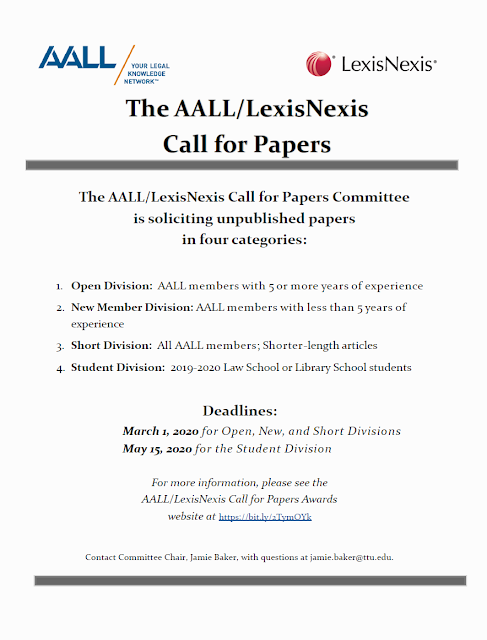Use Adverbs Sparingly In Legal Writing
Adverbs and legal writing go hand in hand. For example, statutes that deal with criminal intent use adverbs to describe the essential state of mind. "Words such as 'knowingly,' 'intentionally' and 'recklessly,' which deal with criminal intent, pop up most frequently, but plenty of other adverbs have enjoyed the spotlight." One of the most recent adverbs litigated was "[w]hen the U.S. Supreme Court recognized religious protections of closely held companies, justices pondered the significance of an adverb in a 1993 federal statute that guards against laws that 'substantially burden' the exercise of religion."
Because statutes are often written with adverbs, it means that the exact meaning of a particular adverb is litigated fairly often. In fact, the Wall Street Journal notes that "[t]he number of adverb-dense disputes over how to properly construe a criminal statute has surged since the 1980s, according to a case-law search conducted by Brooklyn Law School professor Lawrence Solan, author of 'The Language of Judges.'"
Although the meaning of adverbs is litigated regularly, lawyers should watch their use of adverbs in briefs. "According to a 2008 study by two scholars at the University of Oregon School of Law and Brigham Young University, lawyers who stuff so-call intensifier adverbs in their legal briefs—words such as 'very,' 'obviously,' 'clearly,' 'absolutely' and 'really'—are more likely to lose an appeal in court than attorneys who avoid those."
As Justice Kennedy said, "avoiding adverbs 'forces you to confront the significance of your word choice. You just discipline yourself to choose your words more carefully.'”
Because statutes are often written with adverbs, it means that the exact meaning of a particular adverb is litigated fairly often. In fact, the Wall Street Journal notes that "[t]he number of adverb-dense disputes over how to properly construe a criminal statute has surged since the 1980s, according to a case-law search conducted by Brooklyn Law School professor Lawrence Solan, author of 'The Language of Judges.'"
Although the meaning of adverbs is litigated regularly, lawyers should watch their use of adverbs in briefs. "According to a 2008 study by two scholars at the University of Oregon School of Law and Brigham Young University, lawyers who stuff so-call intensifier adverbs in their legal briefs—words such as 'very,' 'obviously,' 'clearly,' 'absolutely' and 'really'—are more likely to lose an appeal in court than attorneys who avoid those."
As Justice Kennedy said, "avoiding adverbs 'forces you to confront the significance of your word choice. You just discipline yourself to choose your words more carefully.'”


Comments
Post a Comment